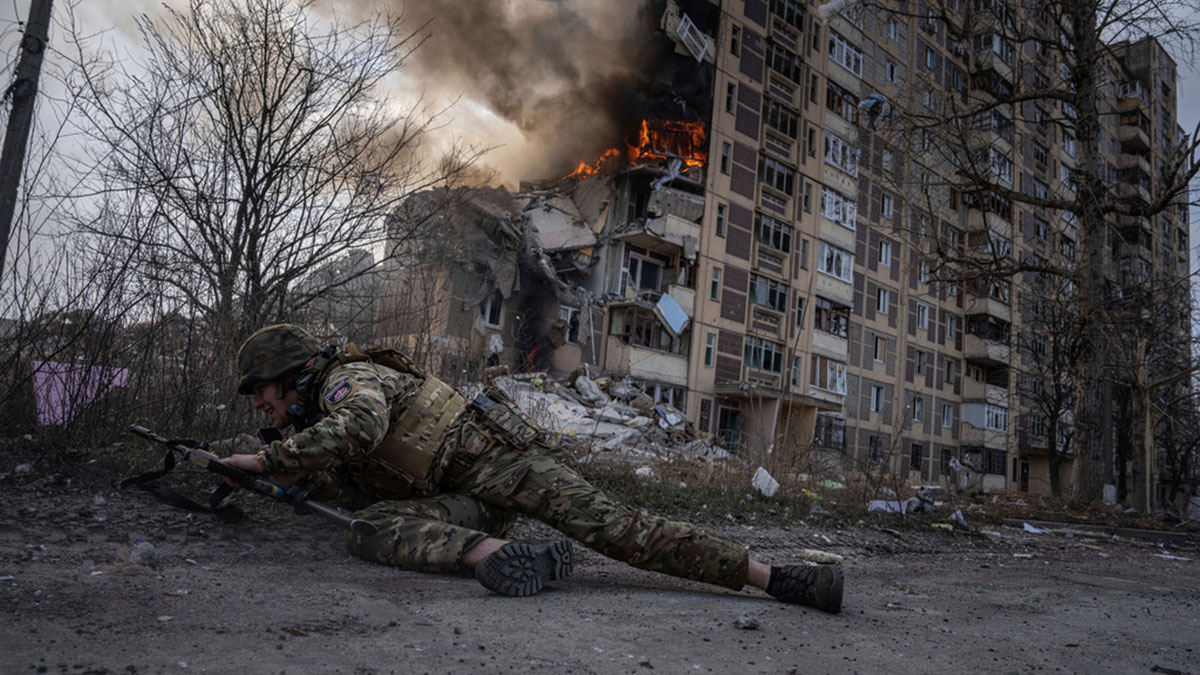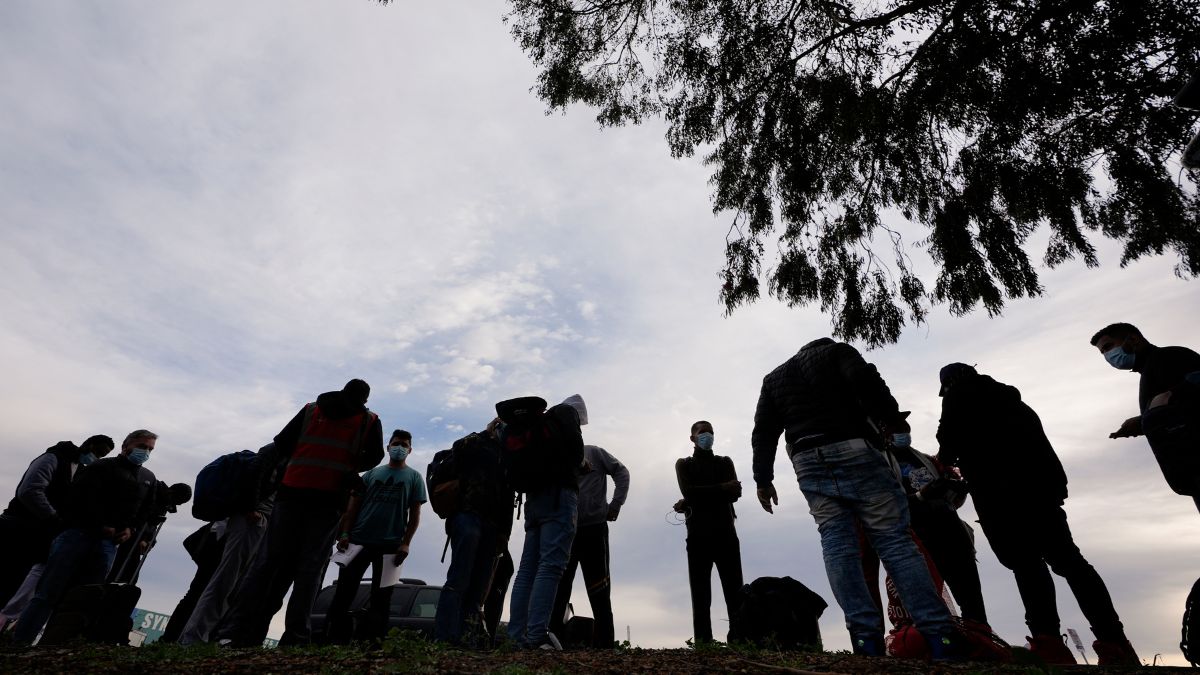Almost two weeks have passed since a coup was attempted in Turkey. A vast majority of the people share the opinion that if the coup had succeeded, it would have been disastrous for the country considering the degree of political polarisation within Turkey that has been arising for last couple of years. In the wake of the coup attempt, an anti-coup stance has become a unifying force for different political factions and there is no doubt that such a stance represents a shift in Turkish politics since the army staged three coups successfully in the history of modern Turkey without any notable resistance from people.
Regarding the anti-coup stance shared by both the ruling Justice and Development Party (AKP) and the Opposition parties currently represented in parliament, the most significant event in the last week was the anti-coup and pro-democracy rally which the main Opposition party Republican People’s Party (CHP) held in Istanbul. Tens of thousands of people joined it. Kemal Kılıçdaroğlu, the leader of CHP, delivered a speech at the gathering and read a 10-point manifesto denouncing the military coup, including a call for the consolidation of ‘libertarian democracy’ and strengthening the rule of law in Turkey.
When we look at the dominant theme seen at the rally, it can be easily noticed that crackdowns following the coup attempt have raised concerns among participants. The crowd chanted the slogan “neither coup nor dictatorship,” addressing President Recep Tayyip Erdoğan’s consolidation of absolute power. On the day before the rally, pro-Kurdish and left-wing party People’s Democratic Party (HDP), which is the second largest Opposition party in the parliament, held its own rally in Istanbul. That rally too condemned the attempted coup and protested Erdoğan and his government’s post-coup crackdown and the state of emergency that signals an authoritarian drift for Turkey’s democracy.
The other remarkable development of the last week was Amnesty International’s report claiming that suspected coup plotters and supporters are being tortured. The report uncovered ‘abhorrent practices’ halted by the security forces. According to Amnesty International, there is credible evidence that many of the people who have been detained since the coup attempt, “are being subjected to beatings and torture, including rape, in official and unofficial detention centres in the country”.
Although Justice Minister Bekir Bozdağ has denied the allegations voiced by Amnesty International, there are plenty of videos that have been widely circulated on social media websites including Twitter and Facebook showing detainees being beaten. Furthermore, after imposing a three-month state of emergency, the first decree that Erdoğan and his government issued extended pre-charge detention limit from four to 30 days. The European Convention of Human Rights was also suspended. This is raising widespread concerns around potential human right violations and limitations on monitoring that has been imposed by the decree.
The human rights backlash in the coup attempt’s aftermath signals a shift in the political discourse and agenda of AKP. In 2002, AKP came to the power by using the rhetoric of “zero tolerance for torture” and demonstrating its commitment to European Union (EU) pro-reform agenda. The reforms Turkey carried out in the last decade, such as abolition of the death penalty by the three-way coalition government before the AKP and legal reforms on pre-trial detention terms by AKP government to prevent torture, were the outcomes of Turkey’s European Union accession negations. Once AKP was deemed as a pro-EU party, it enjoyed support from pro-Western liberal intellectuals and the public in Turkey while establishing its hegemony. Yet, since 2010, Erdoğan and his government have seemed to put pro-democracy discourse aside for the sake of absolute power, seeking a more powerful presidency.
Following the failed coup attempt, Erdoğan has said several times that he is ready to reinstate the death penalty for those involved in the attempted military coup. He made these statements in defiance of EU warnings underlining that death penalty would bar Turkey’s EU accession. He also slammed European Union over its reactions on his pro-death penalty stance. Besides that, the state-run Anadolu news agency featured video footage in which detained coup plotters, mostly generals, were asked by the police to identify themselves in front of the camera in the police headquarters, and it is very clear that most of them were beaten and bruised. Since these generals left hundreds of innocent people dead, a vast majority of the people do not problematise that scene and feel it is justified. Yet, if the state-run news agency publishes footage showing evidence of torture without any hesitation, then it is apparent that Turkey is witnessing a rollback in human rights as it aspires towards consolidating power.


)




)
)
)
)
)
)
)
)